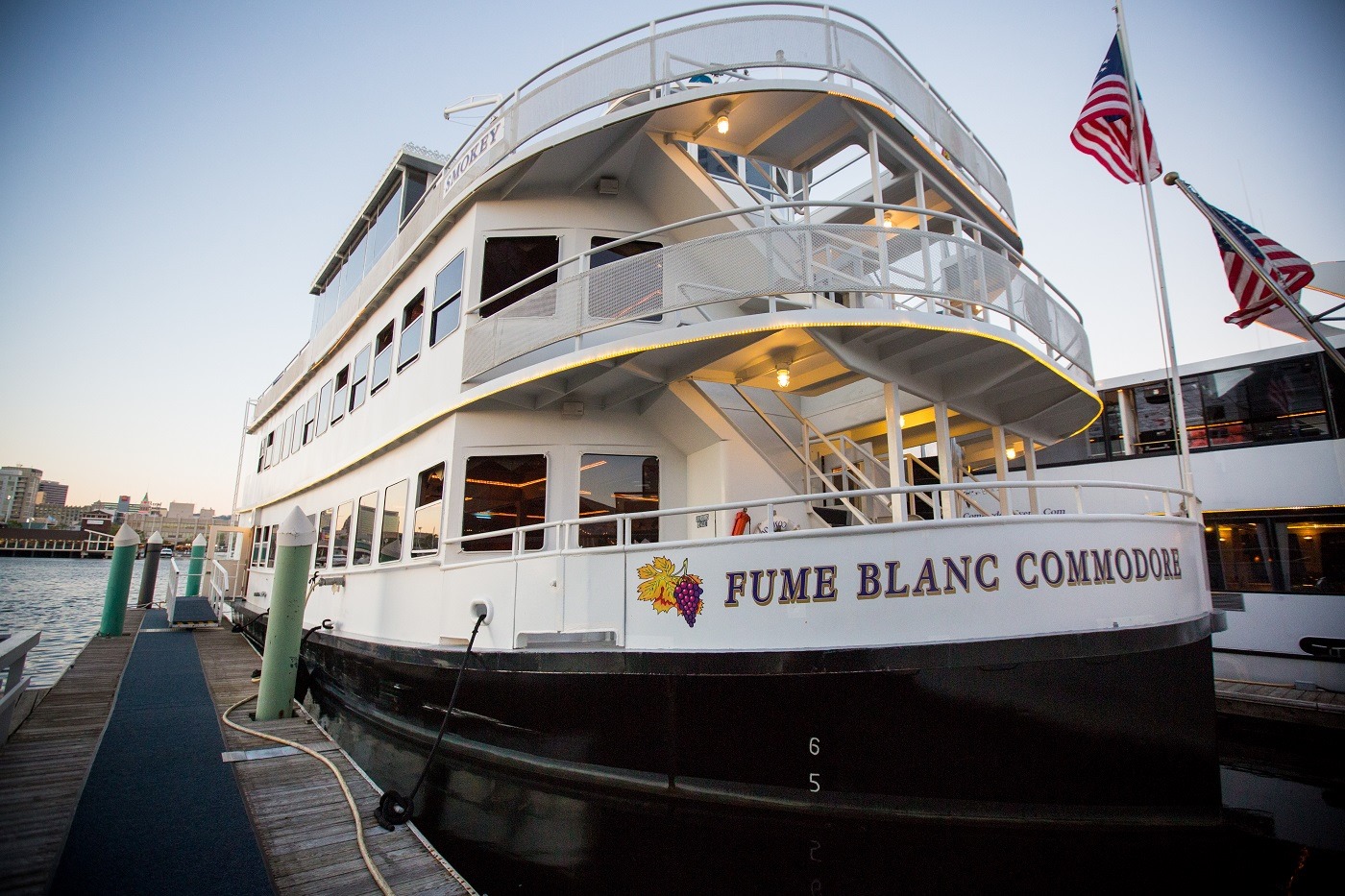How to Choose the Right Cause for Your Fundraiser
You’ve decided to organize a fundraiser, but now you’re facing the most critical decision that’ll determine your success or failure. Choosing the wrong cause can drain your energy, alienate potential donors, and leave you questioning your efforts months down the road. The right cause, however, creates momentum that practically drives itself. Before you announce your fundraiser or reach out to a single donor, there’s a strategic framework that separates amateur organizers from those who consistently exceed their goals.
Key Takeaways for Choosing the Right Fundraising Cause
- Choose a cause you’re genuinely passionate about to maintain authenticity and sustain momentum through challenges.
- Research community needs through surveys, local meetings, and organizations to identify issues that truly matter.
- Assess your available resources including time, finances, skills, and network connections before committing to a cause.
- Select causes with clear, measurable outcomes and transparent organizations that demonstrate real impact from donations.
- Align your chosen cause with your audience’s values and interests to maximize engagement and fundraising success.
Assess Your Personal Connection and Passion
Why should your personal connection to a cause matter when planning a fundraiser? Your authentic passion becomes the driving force that attracts supporters and sustains momentum through challenges.
When you’re genuinely invested, you’ll communicate with conviction that resonates with potential donors.
Draw from your personal experiences—whether you’ve faced adversity, witnessed injustice, or benefited from similar causes. This emotional investment translates into compelling storytelling that moves people to action.
You can’t fake genuine enthusiasm, and donors sense authenticity immediately.
Choose a cause that ignites your spirit. Your freedom to select meaningful work guarantees you’ll persist when obstacles arise and inspire others effectively.
Research Your Community’s Needs and Interests
How can you guarantee your fundraiser resonates with potential supporters? Start by conducting community surveys to uncover pressing local issues that matter most to your neighbors.
Don’t rely on assumptions—gather real data about what challenges people face daily. Connect with local organizations already addressing these problems; they’ll provide invaluable insights into community priorities and gaps in current support.
Visit town halls, community centers, and neighborhood meetings to listen firsthand. This grassroots research guarantees you’re not imposing your agenda but responding to genuine needs.
When your cause aligns with community interests, you’ll find people enthusiastic about supporting your mission.
Evaluate Your Resources and Capabilities
Once you’ve identified meaningful causes within your community, take an honest inventory of what you bring to the table. Your capability assessment determines whether you can execute effectively or you’re setting yourself up for failure.
Consider your available time, financial resources, network connections, and specialized skills. Don’t overcommit to ambitious projects that’ll drain your energy without delivering results.
Smart resource allocation means matching your strengths to causes where you can make genuine impact. If you’re passionate about education but lack teaching experience, focus on fundraising rather than curriculum development.
Play to your advantages and you’ll create meaningful change while maintaining your personal freedom and sustainability.
Analyze Potential Impact and Measurable Outcomes
Before committing to any cause, you must determine whether your efforts will create measurable change or simply feel good without substance.
Smart fundraisers conduct thorough impact assessment before launching campaigns. You’ll want causes with clear, quantifiable goals—not vague missions that can’t be tracked.
Look for organizations that provide concrete outcome measurement data. Can they show exactly how donations translate into results?
Do they track progress with specific metrics? You’re not bound to support causes that can’t demonstrate effectiveness.
Choose causes where your fundraising dollars create tangible, verifiable change. Your supporters deserve transparency and proof their contributions matter.
Consider Your Audience and Network Alignment
Why does audience alignment matter more than personal passion when selecting your fundraising cause? Your fundraiser’s success depends on your network’s willingness to contribute, not just your enthusiasm.
Research your audience demographics to understand their values, interests, and giving patterns. A cause that resonates with your supporters generates higher network engagement and donation rates.
Consider your professional connections, social circles, and family networks. What issues do they care about? Which causes have they supported before?
Your personal freedom to choose any cause means nothing if your audience won’t respond. Strategic alignment between cause and community maximizes your fundraising potential and campaign effectiveness.
Frequently Asked Questions
What Legal Requirements Must I Meet When Organizing a Fundraiser?
You’ll need permits needed for solicitation and nonprofit registration if establishing an organization. Check local laws about fundraising licenses, tax-exempt status requirements, and financial reporting obligations. Don’t let bureaucracy discourage your charitable mission.
How Do I Handle Tax Implications for Donors and Beneficiaries?
You’ll need to understand tax deductions available to donors and communicate donor benefits clearly. Consult a tax professional to guarantee compliance, as beneficiaries may face tax obligations depending on your fundraiser’s structure and purpose.
What Fundraising Methods Work Best for Different Types of Causes?
You’ll maximize success by matching methods to your cause’s nature. Personal stories drive individual giving, while community engagement events work for local issues. Donor incentives like recognition or perks boost participation across all fundraising approaches.
How Long Should I Plan to Run My Fundraising Campaign?
Your campaign duration depends on your goals and audience engagement. Timeline strategies typically range from 30-90 days—shorter campaigns create urgency while longer ones allow momentum building. You’ll maintain donor interest better with focused, time-bound efforts that respect people’s busy schedules.
What Percentage of Funds Raised Typically Goes to Administrative Costs?
You’ll find administrative costs typically range from 10-30% of funds raised. Smart fund allocation and cost transparency matter – you deserve knowing exactly where your money goes. Choose organizations that openly share their financial breakdowns without hiding operational expenses.
Conclusion
You’ve now got the framework to select a cause that’ll create real impact. Remember, the most successful fundraisers combine your genuine passion with community needs and realistic resource planning. Don’t rush this decision—take time to research, connect with local organizations, and honestly assess what you can deliver. When you choose a cause that aligns with your values and capabilities, you’ll inspire others to join your mission.






